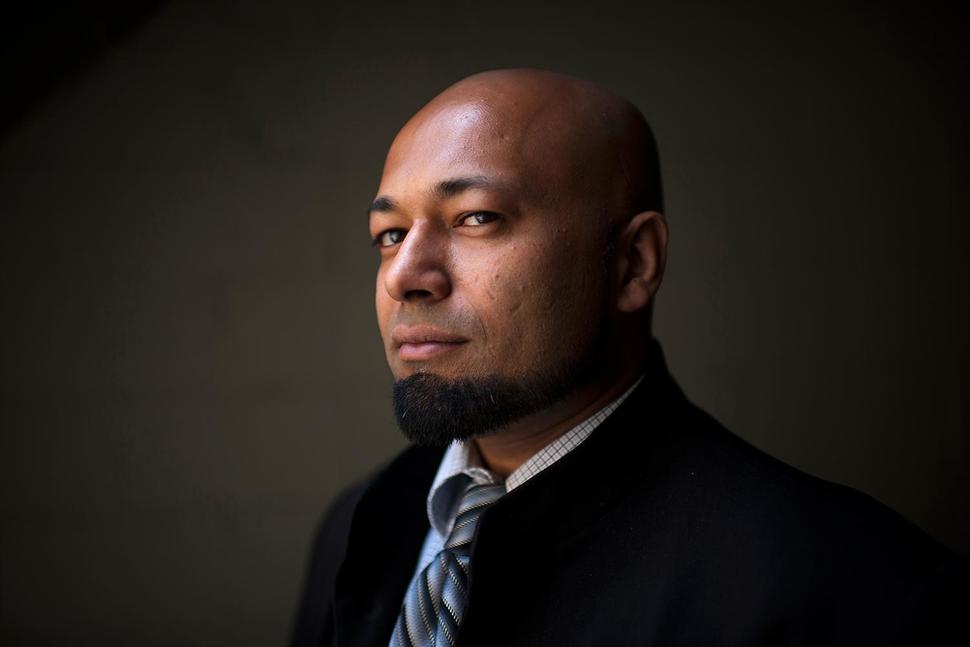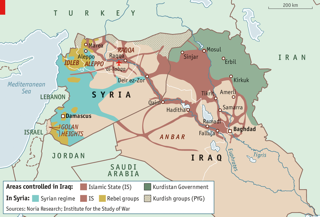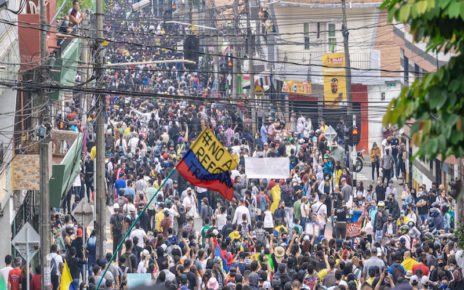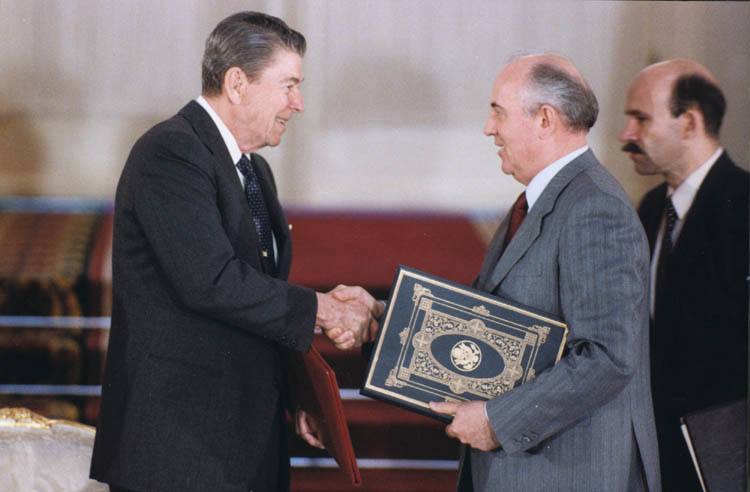Mubin Shaikh was formerly affiliated with the Taliban in the early 1990s until he underwent a drastic identity crisis which led him to become an intelligence and counter-terrorist operative for Canadian law-enforcement services. He has since become an expert in radicalization, de-radicalization and counter-terrorism.
Julia: Could you take me through what led you to become radicalized?
Mubin: I explain first, that we look at what I call regular normal radicalization and violent radicalization. I also look at, number two, that radicalization is a process. And so, there are a number of things which at least I’ve been able to do in hindsight, and I can say that this fed in to that process and it kind of helped that process to proceed. I usually say that identity conflicts are really the core of what took me on my journey. That was manifested in me growing up here and raised by Indian parents, so that old-world mentality clashing with a new-world mentality. Number two was that I attended a Quran school when I was very young, and this was a very austere environment. If you misread the Quran, you would be smacked. It was an abusive environment. But all of this religious indoctrination was done without really understanding what the Quran was actually saying. The third thing I would say is that during high school, there are two things I would put in those years: The high school part of it (me having friends from different backgrounds), as well, me joining the army cadets. It gave me a different set of values and structures, peer groupings etc. Finally, I had a house party at my house and my parents were out of the country. My dad had told my uncle to check on the house. He crashed the party and lost it and he shamed and guilted me into thinking that what I had done was so terrible. In that moment of panic and not wanting to be a failure, I decided that I needed to “get religious”. That’s how I framed how I was going to fix the situation.
I then joined a group called the Tablighi Jamaat. They are fundamentalists but completely apolitical. This entailed living in India for two months and living in Pakistan for two months. While I was in Pakistan, I was in a city called Quetta and as I was walking around I had a chance encounter with the Taliban. I describe it as, this was where I was bit by the jihadi bug. I say it as this teenager who was growing up in an environment where I was wondering what kind of Muslim I was supposed to be. My parents and my cultural community are pushing me one way and my peers and society are pulling me another way and this was the identity crisis that was forming. And then when I was caught at the party, looking back, I chose the Tablighi Jamaat because it was one of the more prolific and more active groups that was in my family system…
So I ended up in Pakistan, I met the Taliban, and they introduced to me the idea of dignity through jihad. I, of course, realize in hindsight that this is one of the core features of modern-day jihadists or white supremacists if you want to look at it from the flip-side; that we are the strong vanguard. This is what really led me on the path, the hard intro of extremism came from that.
Period of accelerated radicalization
Mubin: After that, I realized that the Tablighi Jamaat was not for me because they were apolitical, and I became a lot more politically aware. I became friendly with more Salafi-types of people. I would call this period the period of accelerating my radicalization. Where more political conflicts are discussed. At the end of 1995, the Taliban came to power in Afghanistan. Now it was all about sharia in Muslim countries. Number two, was the Russian invasion of Chechnya which was another major conflict which featured prominently and heavily in our discourses and there were CDs that became available called “Russian hell”. These were your first jihadi videos. There’s now the beginnings of social media and data-driven amplification of radicalization. The third thing I remember distinctly was the second intifada in 2000. These were 3 things that were very prominent in our discourse.
Period of de-radicalization
Mubin: This was mid 1995 and the Taliban had just started to become active. I got them when they were “fresh”. And so, in 1998 this is what I would call a “pause moment”. I got married in 1998 and it was with a girl that I knew from high school. I would say it calmed me down a bit and I didn’t tell her the kind of people that I was hanging out with. In hindsight these were some of my protective factors. For example, in 1997, three guys I knew, two went to Pakistan and one went to Yemen and I was ready to go to Chechnya. But I didn’t go and I look back at some of the protective factors, [which] were that both my parents were present in my house, I had a relatively good upbringing and I had a positive interaction with schooling… and I had a very wide circle of friends who came from different backgrounds and it becomes a little hard to kill them or people who look like them.
… for the wedding, I did not rent the big hall and spend the money… I wanted to get married on Ramadan and I wanted to do it on the holiest day of the week. I attached a lot of religious significance to our marriage… We were able to go to Saudi Arabia, we went to Egypt, went into Israel/Palestine… and had a very nice experience while I was there. This was slowing down, decelerating that radicalization process. In fact, towards perhaps deradicalization. …I could see already that I was disengaging.
In 1999 I had my first child so now I had a family. The intimacy hole has been filled. There’s a positive experience with that. And so, I’m moving away from those people, that thinking, and finally, Tuesday September 11th, 2001, that was the day that I realized that I didn’t want to be associated with this thinking, these people. I didn’t know my religion, I didn’t study Arabic…so I decided, I’m going to study Islam properly. If I can nerd out for a second, this is your egoistic depravation versus that fraternal depravation. So yeah, I believed that my brothers and my people were being killed and were being fought, but there was also an individual thing that I needed to know, that I was accessing the Islamic scriptures correctly and appropriately. So, I would leave Canada and move to Syria. I lived there for two years, I studied Arabic and Islamic studies, was introduced to Sufism, and more importantly (or just as importantly), with the Sufi Sheikh, I was able to go through these verses that I used to appeal to, to justify the jihadist tradition and found that this scholar was debunking all of them. So, this is when I completely came around the other end and realized that I had my ideas all wrong and now I’m going to go on and live a proper life.
Featured Image: by Lucas Oleniuk – Toronto Star – Getty Images – Open Source: https://bit.ly/2DF5Ns5
Disclaimer: Any views or opinions expressed in articles are solely those of the
authors and do not necessarily represent the views of the NATO Association of
Canada.




